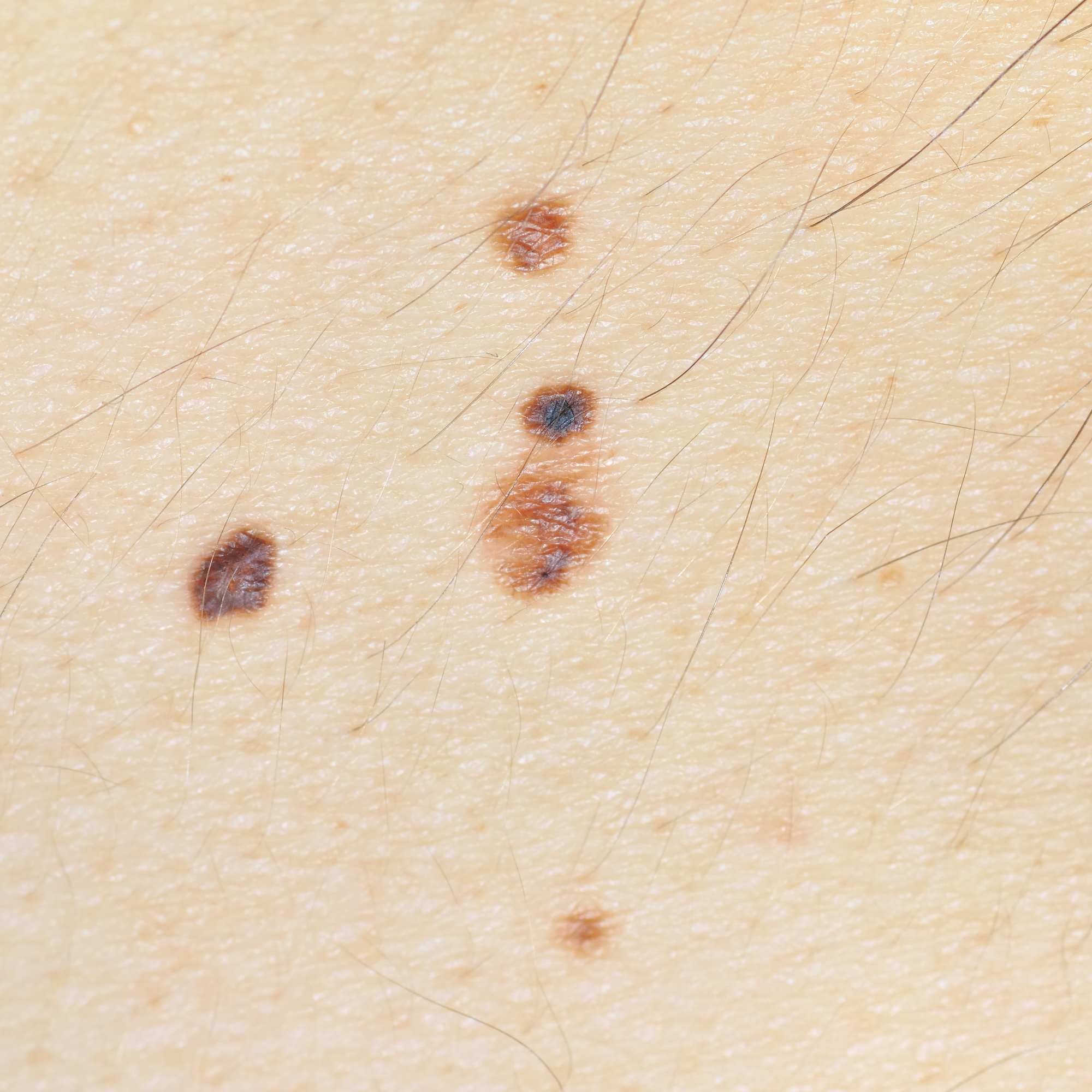Skin cancer is the most common form of cancer in the United States. It has many risk factors including UV radiation from sun exposure and devices like tanning beds, but is usually one of the easiest cancer types to treat, with many treatments boosting cure rates of over 90 percent.
“The three most common forms of skin cancer are basal cell carcinoma, squamous cell carcinoma, and melanoma,” says Dr. Adam Mamelak, a board certified dermatologist and mohs micrographic surgeon in Austin, Texas. The first two are often grouped together as ‘non-melanoma skin cancers’.
Basal Cell Carcinoma is the most common skin cancer type, as well as one of the most common cancer types overall in the United States. While the metastatic risk (the chance that the cancer will spread and develop secondary, malignant growths in other areas of the body) of this cancer is very low, visible tumors can cause significant disfigurement to the skin.
Squamous Cell Carcinoma is a cancer that forms from squamous cells, a kind of epithelial cell which forms the main part of the epidermis. “Squamous cells also occur in others areas of the body such as the lining of the digestive tract, lips, esophagus, lung, bladder, and others,” Dr. Mamelak shares. This means that while SCC is one of the major forms of skin cancer, it can also occur in other places and present in drastically different ways.
Melanoma (also termed ‘malignant melanoma‘) develops from cells called melanocytes, which contain pigment. It is most common in the skin but can also develop in the mouth, eye, and genital area. This type of cancer can sometimes develop from a mole which exhibits changes such as a shift in color or size, irregular edges, itchiness, and breakdown of the skin.
Contact Us
Dr. Mamelak diagnoses and treats patients with skin cancer at Sanova Dermatology and the Austin Mohs Surgery Center. For more information on skin cancers, their causes and treatments, or to have your skin checked by one of our certified dermatologists, contact us.

